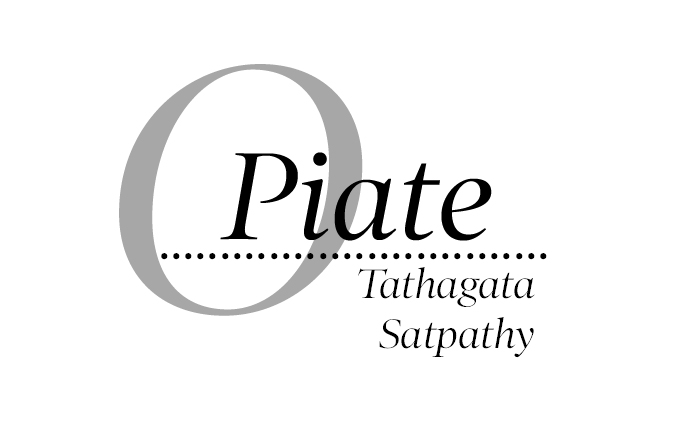A smallholder who has known pain, suffering and hunger, and is compassionate towards his milch and draught animals, will not show his anger by discarding produce of any kind on the streets. Yet the farmers participating in the ongoing 10-day strike are doing just that. The factors that have driven the farmers down this path must be that compelling. The means they have adopted to express dissatisfaction could seem uncivilized to city dwellers but long-term suffering usually frustrates people enough to make them take extreme steps. It must be remembered, at least in the case of milk, that the nourishing liquid was originally meant for calves and not for humans. While it is sinful in itself to be harvesting milk for consumption from this standpoint, discarding milk on streets in a show of anger is an even greater sin that farmers have been forced to commit for their own survival. In fact the outlook of any group or organisation staging protests would primarily be to use any means to bring their dissatisfaction to the notice of powers that be. These means are not to be questioned because the struggle for the farmer in this country has never ceased.
No doubt the sheer wastage of food in a country where millions go to bed without a morsel is sad. Some may even express ridiculous opinions that it would have been a noble gesture had the farmers fed the hungry with their produce instead of letting it all go to waste. It is very easy to put out such holy opinions without understanding the grave and continuous damages we all have been inflicting on the farm economy of this country. One fact that gets covered up behind the whole façade is the real suffering of farmers. Factory farmers or those with large holdings may be able to withstand the steady decline in farm income but the subsistence farmer is crushed under every kind of deprivation. It is not the farmer who has acres in his possession, plantations with multiple crops and sound marketing support who is the real sufferer. It is the small, but larger in numbers, farmer who has to depend on the few gunthas that yield just enough for him and family to subsist on. The small extra that they can produce offers them the liquidity to survive. When that vanishes, the ability to buy medicines, send children to school or purchase bare necessities also evaporates. Farmers’ demand for better prices for their yield is justified. When their input costs are rising with each passing day, they must not be forced to sell produce at low prices. The reason why farmers do not have a strong say on farm prices is that their produce has limited shelf life. And it is the factor that has kept them at the mercy of market forces. The leverage they have, however, is that everyone is dependent on what they produce to fulfil the fundamental necessity, that is, to feed for survival. While all the well-to-do folks do not bat an eyelid before buying petrol at exorbitant cost, the same citizens turn their noses up to pay a little extra for food. Indians have always looked down on farmers as if that profession is avoidable and unnecessary for society. Rarely one would hear any parent talking of encouraging children to become farmers. Unlike in the developed economies, the educated Indian youth has only contempt for farming, not realising that humanity has survived without cars, aircraft, luxury homes and yatchs or even fashionable clothes.
Clichéd it may be, but it just cannot survive without oxygen, water or food. As we have no experience of modern day wars that have delivered long periods of acute food shortages resulting in food riots in many countries, we are comfortably numb to the spectre that looms large. Shortage of food will not manifest only for the poor but will engulf the rich and the middle class too.
This is the time Indian society, not just the government, has to pay attention to the anguished cry of the food givers. Tomorrow may be too late.
